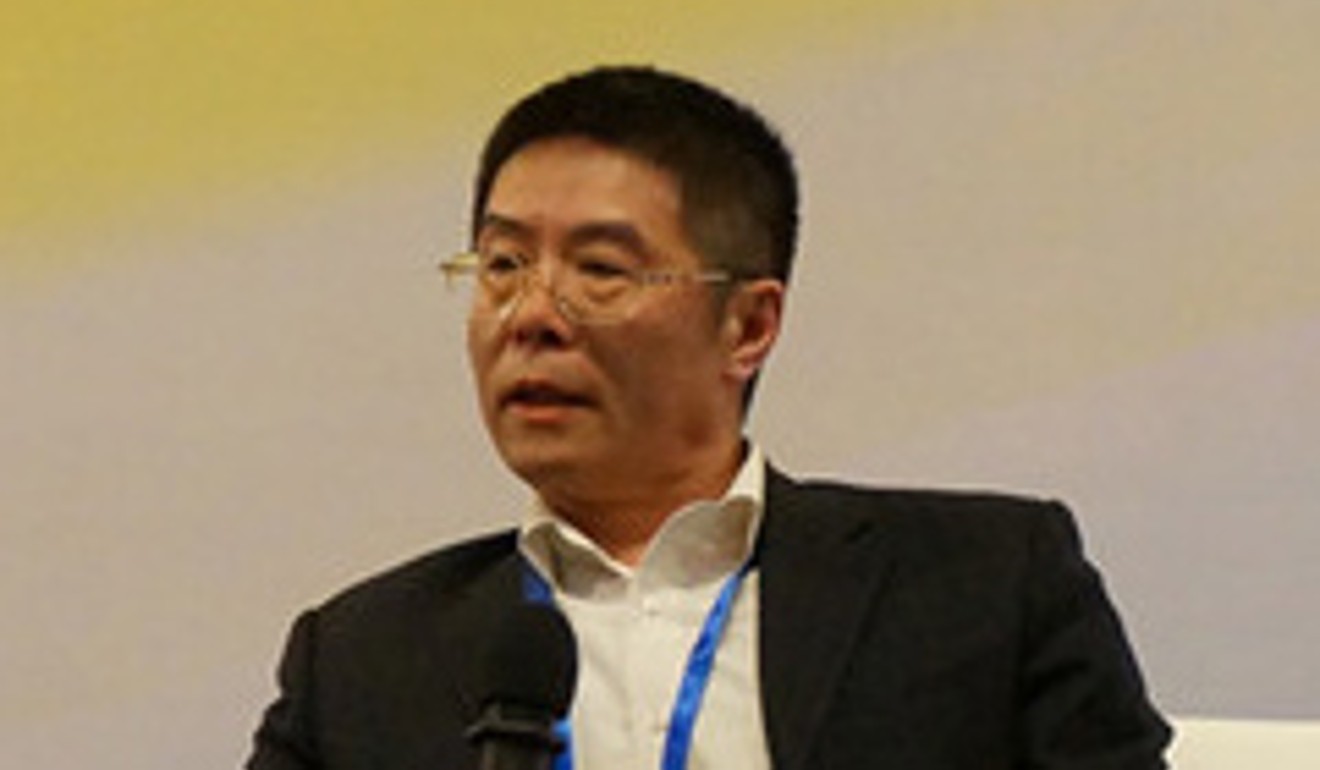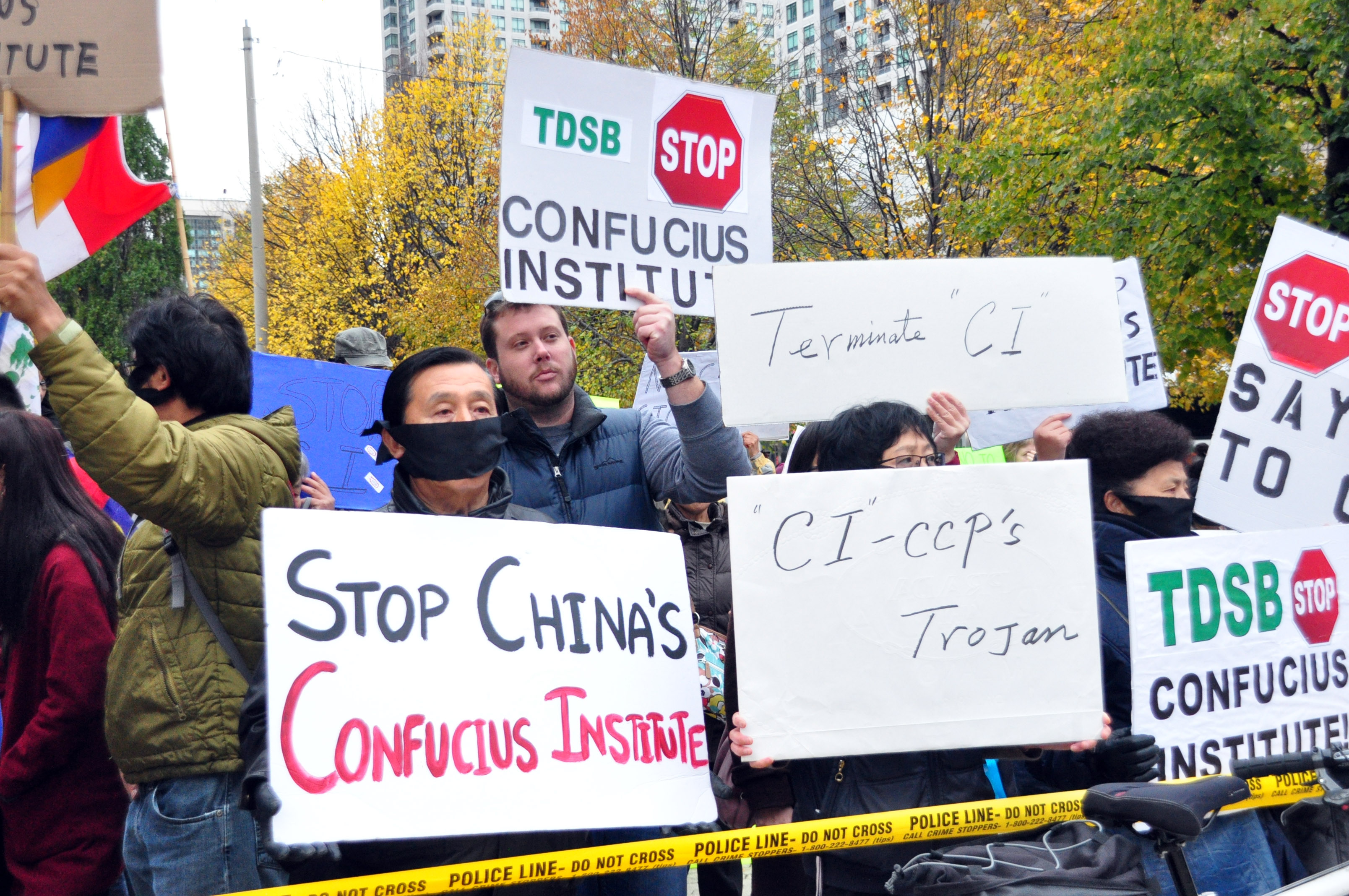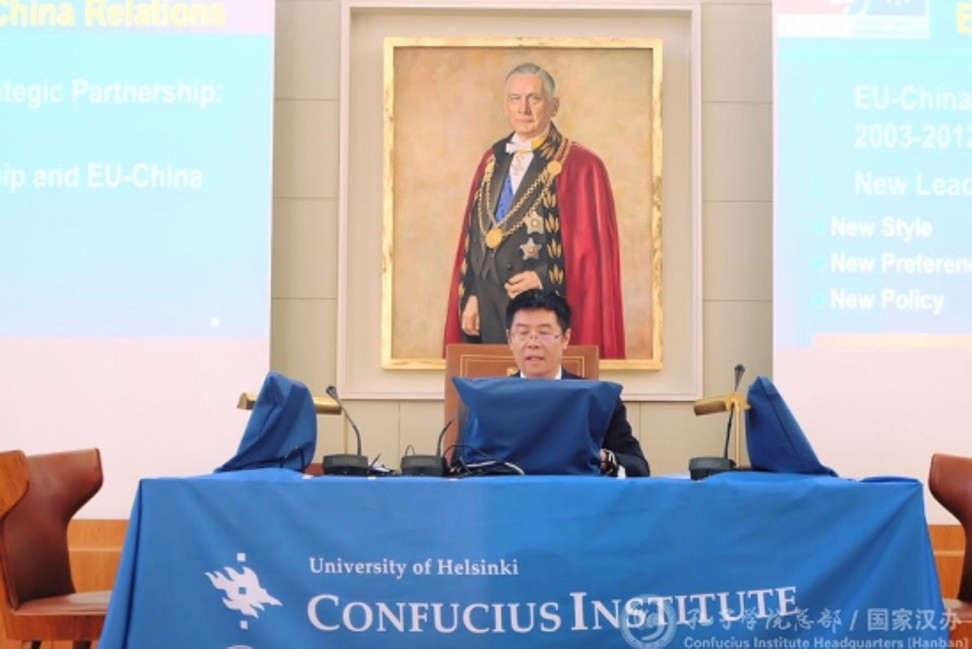- Song Xinning, former head of the Confucius institute at Vrije Universiteit Brussel, is a recruiter for Chinese intelligence and conducts espionage for China.
- The Belgian university says cooperating with the Chinese espionage is no longer consistent with its policies
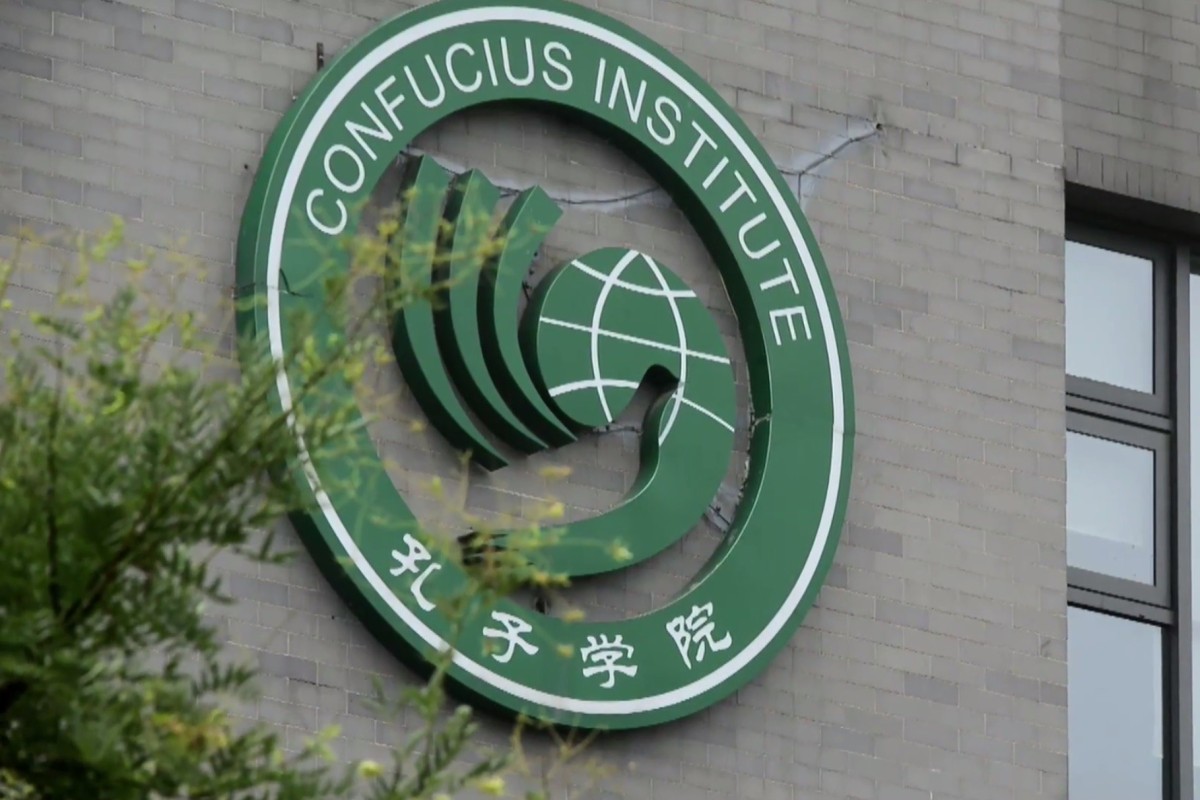
Confucius Institutes, the long arm of Chinese, espionage, have been established in almost 500 higher education institutions globally.
One of Belgium’s leading universities has decided to close the Chinese state-funded
Confucius Institute on its campus, following accusations that the former head professor conducted
espionage for China.
Vrije Universiteit Brussel (VUB) confirmed that it would not extend its contract with the institute when the agreement expires next June, although it did not refer to the espionage claims.
The university said cooperation with Confucius Institute – whose stated aims include promoting Chinese language and culture and facilitating cultural exchanges – was “not in line with [our] principles of free research”, based on the information it had obtained.
“The university is of the opinion that cooperating with the institution is no longer consistent with its policies and objectives,” it said in a statement on its website.
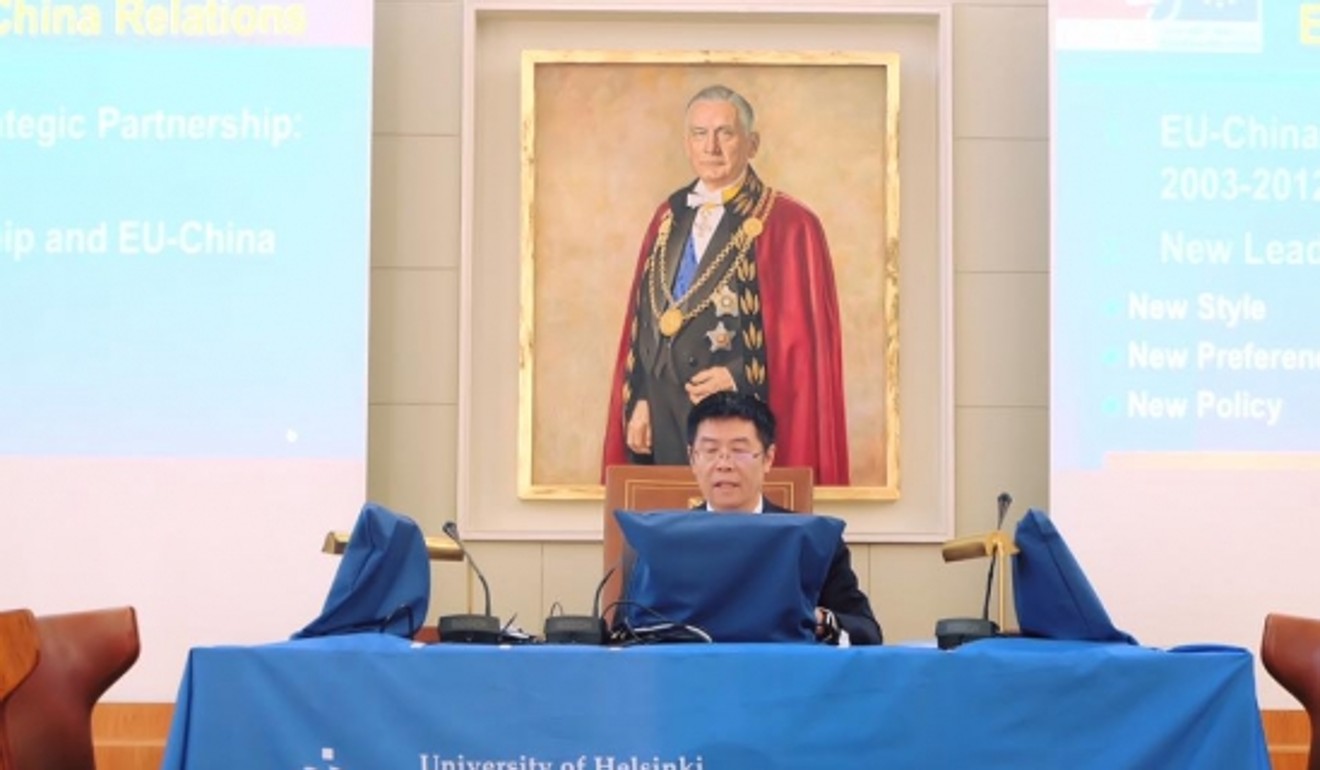
Leading Chinese spy Song Xinning, pictured in 2016 at the University of Helsinki’s Confucius Institute, has been barred from entering a bloc of European countries.
In October, Belgian security services accused Song Xinning, former head of the Confucius Institute at VUB, of working as a recruiter for Chinese intelligence.
The Belgian newspaper De Morgen reported that pro-China VUB had ignored a warning from the state security service about the institute’s activities.
Confucius Institute on its campus, following accusations that the former head professor conducted
espionage for China.
Vrije Universiteit Brussel (VUB) confirmed that it would not extend its contract with the institute when the agreement expires next June, although it did not refer to the espionage claims.
The university said cooperation with Confucius Institute – whose stated aims include promoting Chinese language and culture and facilitating cultural exchanges – was “not in line with [our] principles of free research”, based on the information it had obtained.
“The university is of the opinion that cooperating with the institution is no longer consistent with its policies and objectives,” it said in a statement on its website.

Leading Chinese spy Song Xinning, pictured in 2016 at the University of Helsinki’s Confucius Institute, has been barred from entering a bloc of European countries.
In October, Belgian security services accused Song Xinning, former head of the Confucius Institute at VUB, of working as a recruiter for Chinese intelligence.
The Belgian newspaper De Morgen reported that pro-China VUB had ignored a warning from the state security service about the institute’s activities.
Song was subsequently barred from entering the Schengen Area – comprising 26 European countries – for eight years.
In an earlier interview with the South China Morning Post, Song said Belgian immigration authorities had informed him on July 30 that his visa would not be renewed, because he “supported Chinese intelligence activities”.
In an earlier interview with the South China Morning Post, Song said Belgian immigration authorities had informed him on July 30 that his visa would not be renewed, because he “supported Chinese intelligence activities”.
Jonathan Holslag, an international relations professor at VUB and one of the most vocal critics of VUB’s Confucius Institute, called the university’s decision “brave”.
“This should stand as an example for many European universities,” he said.
“This should stand as an example for many European universities,” he said.
“It is also in the interest of Chinese students, because they are the main victims of the politicisation of academic exchanges and the suspicion that elicits.”
Confucius Institutes, which are overseen by China’s Ministry of Education, have been set up in more than 480 higher education institutions around the world.
Confucius Institutes, which are overseen by China’s Ministry of Education, have been set up in more than 480 higher education institutions around the world.
Over the past decade, they have come under increased scrutiny from Western governments over their links to Chinese espionage activities.Several of the institutes in the United States and Australia have been forced to close because of their undue influence on campus, while several Chinese "academics" and "researchers" have been investigated, dismissed and arrested in the US on charges of stealing intellectual property or failing to disclose funding ties with Chinese universities.
In Europe, the Confucius Institutes at the University of Leiden in the Netherlands, Stockholm University in Sweden and University Lyon in France have all been closed.
In Europe, the Confucius Institutes at the University of Leiden in the Netherlands, Stockholm University in Sweden and University Lyon in France have all been closed.

